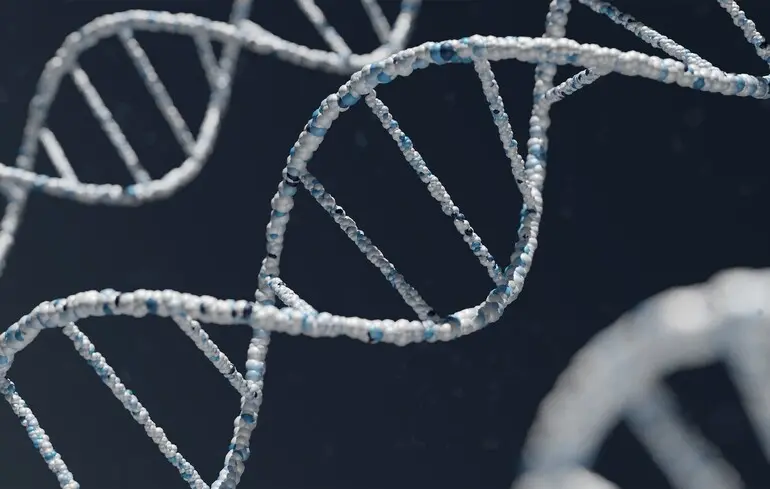Innovative Gene Therapy Offers New Hope in Huntington’s Disease Battle

Scientists have made a significant breakthrough in the development of treatments for Huntington’s disease, one of the most complex and devastating genetic disorders that gradually destroys brain neurons, leading to loss of motor control, emotional stability, and cognitive functions.
Over the course of a three-year study, groundbreaking gene therapy results have demonstrated the ability to slow down disease progression by up to 75%.
This marks the first-ever drug with a modifying effect on this condition, heralding a new era in medicine and neurodegenerative disease research.
Experts worldwide have long awaited such findings, as previous treatments only managed symptoms without altering the course of the illness.
The trial was conducted by uniQure in collaboration with leading university research centers in London.
The innovative therapy, called AMT-130, significantly enhances patients’ quality of life and prolongs their ability to work and engage in daily activities.
The treatment works by suppressing the HTT gene, responsible for producing the protein huntingtin, which becomes toxic when mutated.
As a result, the formation of harmful protein fragments decreases, preventing brain cell damage.
The therapy involves a precise surgical procedure, where the medicine is delivered directly into the most affected brain regions using viral vectors, typically administered once.
During the study, 29 patients participated—17 received a high dose, and 12 received a low dose—and were monitored over three years.
Their health outcomes were compared with those of patients receiving standard treatments as part of the long-term Enroll-HD study.
Researchers tracked disease progression using standardized clinical scales and measured levels of neurofilament proteins in cerebrospinal fluid, markers of neuronal damage.
The results showed that patients treated with the new therapy experienced a 75% reduction in the rate of disease progression compared to controls.
These promising findings offer renewed hope for individuals living with this relentless condition, which has traditionally resulted in death within 10 to 25 years of symptom onset.
The possibility to slow or halt the neurodegenerative process opens promising avenues toward managing Huntington’s disease more effectively in the future.

